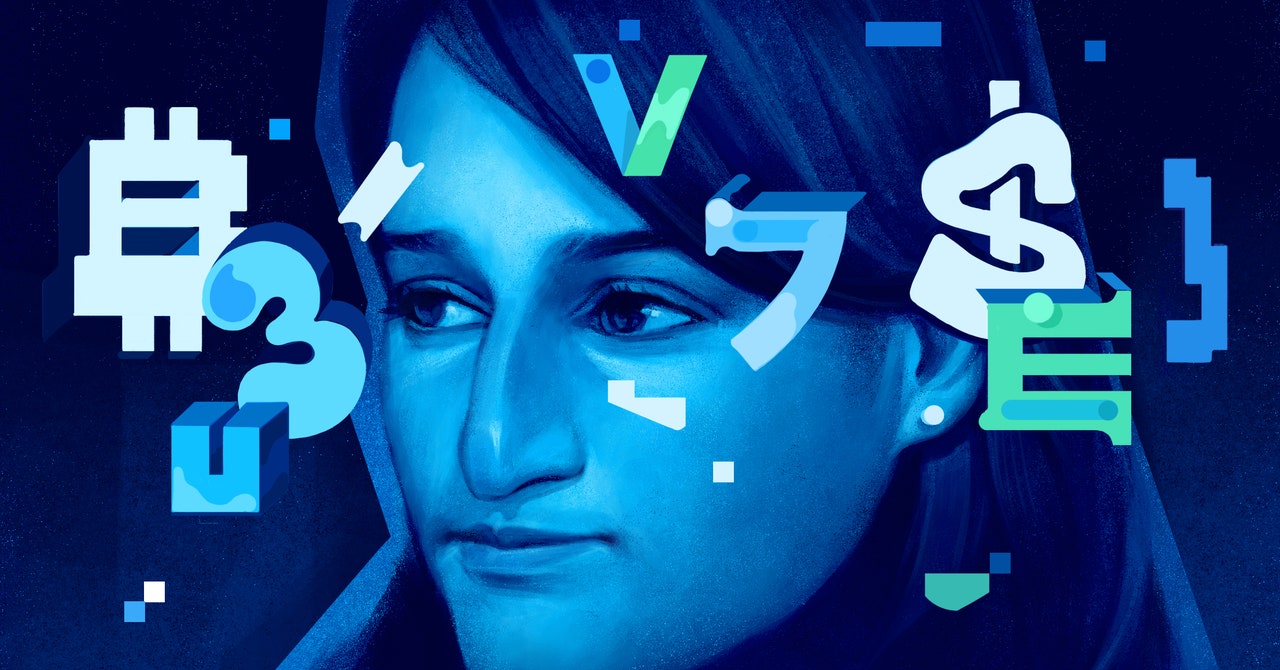- cross-posted to:
- hackernews@derp.foo
- cross-posted to:
- hackernews@derp.foo
“This is the story of the revelation in late 2013 that Bitcoin was, in fact, the opposite of untraceable—that its blockchain would actually allow researchers, tech companies, and law enforcement to trace and identify users with even more transparency than the existing financial system.”



Every time there is a transaction the sender’s funds are mixed together with a bunch of other senders, and the recipients receive their money from this random pool, so there is no direct association between sender/receiver
Automated money laundering.
Yes I laundered some of my salary from work. don’t report me please.
Well people like you aren’t the issue so much as you are the enablers.
I mean, pretty much yeah. I think it’s super clever and elegant, but I’m not going to lie to myself about what the main purpose for something like that would be.
The main purpose is to give privacy to digital transactions. Money laundering exists at a much larger scale within institutional banks like Deutsche and Credit Suisse (RIP)
Because protecting privacy is always a bad thing people wearing hoodies do while. Selling babies on the black market? God every corporation and your government wants you to think that so hard. Write your senator a letter about the dangers of this technology, they’ll probably email you a picture of the boner you gave them.
Meh, anymore I’m not making a distinction between supposed criminals and country level government (and really, state level either).
Government is the single greatest source of crime IMO, because it offers deniability and the shield of legal violence against people.
And I’m not just talking about things like Ruby Ridge- those are small scale, individuals. Iran-Contra, Fast and Furious, etc, etc.
Look into the beginnings of OPEC and that cocksucker Nader.
So yea, wanting to get the grubby gubmint fingers and eyes out of my shit makes sense.
This is not quite correct. You do not have to involve anybody else in your transaction. What happens is the protocol takes a random selection of 15 other people who have spent money and adds them to a ring so that your transaction could be any one of 16 different outputs. But there is no mixing of funds involved.